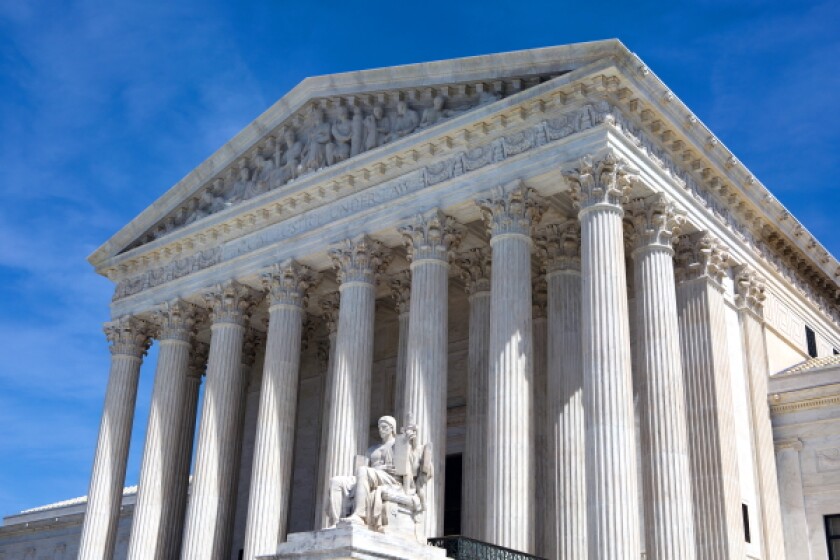The US Supreme Court ruled today in a five to four judgment that the appointment of administrative patent judges at the Patent Trial and Appeal Board was unconstitutional, noting that the unreviewable authority they wielded was incompatible with their appointment as inferior officers.
In its judgment in US v Arthrex and Arthrex v Smith & Nephew, the high court held that this problem could be fixed by giving the USPTO director more power to overturn the PTAB’s decisions, thus leaving the board intact.
The court vacated the decision of the Court of Appeals for the Federal Circuit and remanded the matter for further proceedings consistent with its opinion.
The case will now be sent back to the acting director, Drew Hirshfeld, for him to determine whether to rehear the petition filed in this particular case.
Intellectual property stakeholders had worried that SCOTUS would find that the Federal Circuit’s remedy was not appropriate and not issue a fix of its own, which would throw all inter partes review (IPR) petitions into the realms of uncertainty.
This case started in 2015 when UK multinational medical equipment firm Smith & Nephew filed several IPRs against Germany-based medical device company Arthrex. The PTAB found Arthrex’s patent (number 9,179,907) to be invalid.
Arthrex appealed that decision to the Federal Circuit on the basis that the appointment of the board’s APJs by the secretary of commerce violated the appointments clause of the US constitution.
The Federal Circuit ruled in October 2019, in an opinion written by Judge Kimberly Ann Moore, that APJs were indeed principal officers, not inferior officers, and severed a tenure provision protecting these judges at the PTAB to remedy the problem.
The Federal Circuit denied a rehearing en banc of the case in March 2020.











